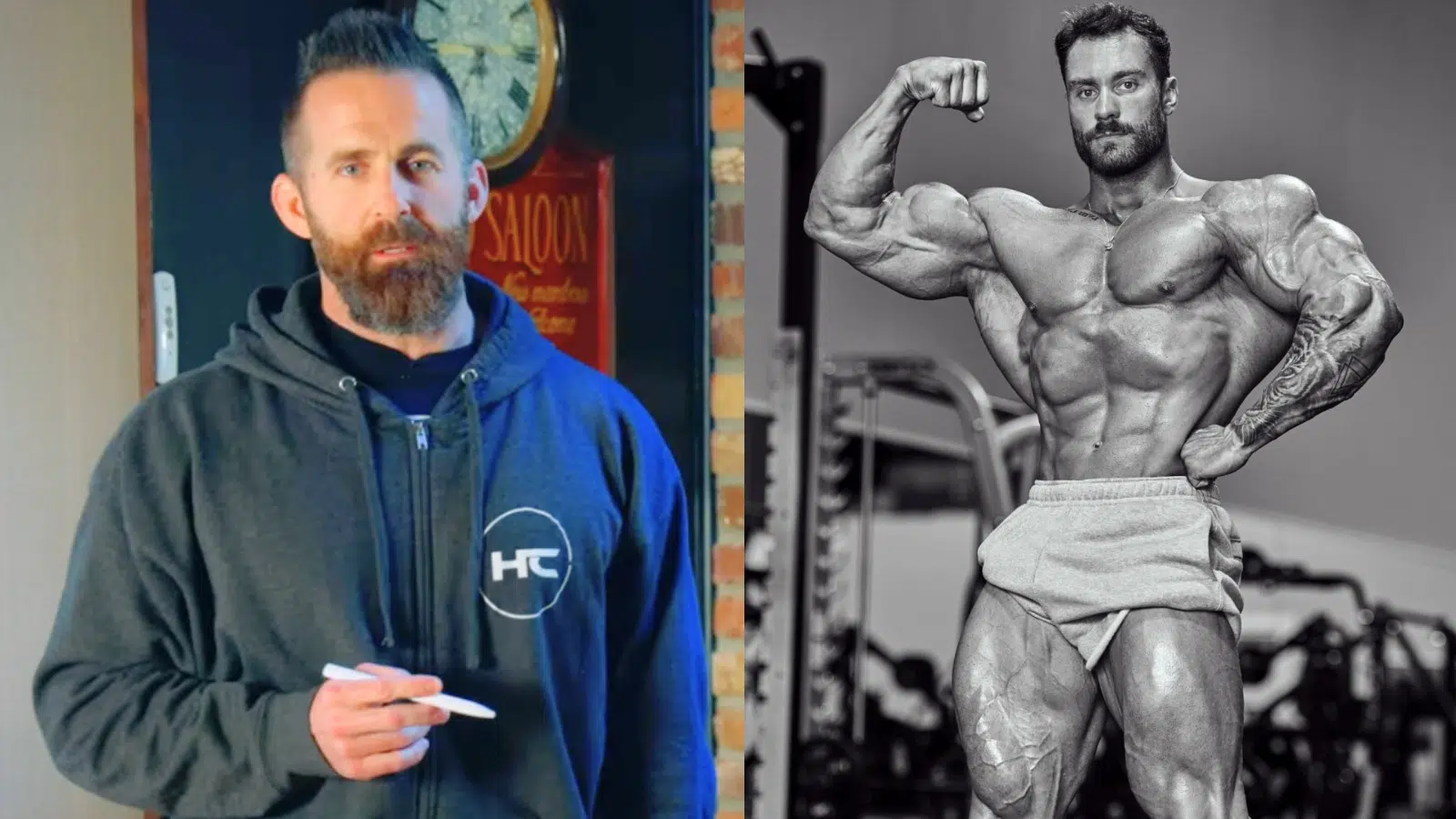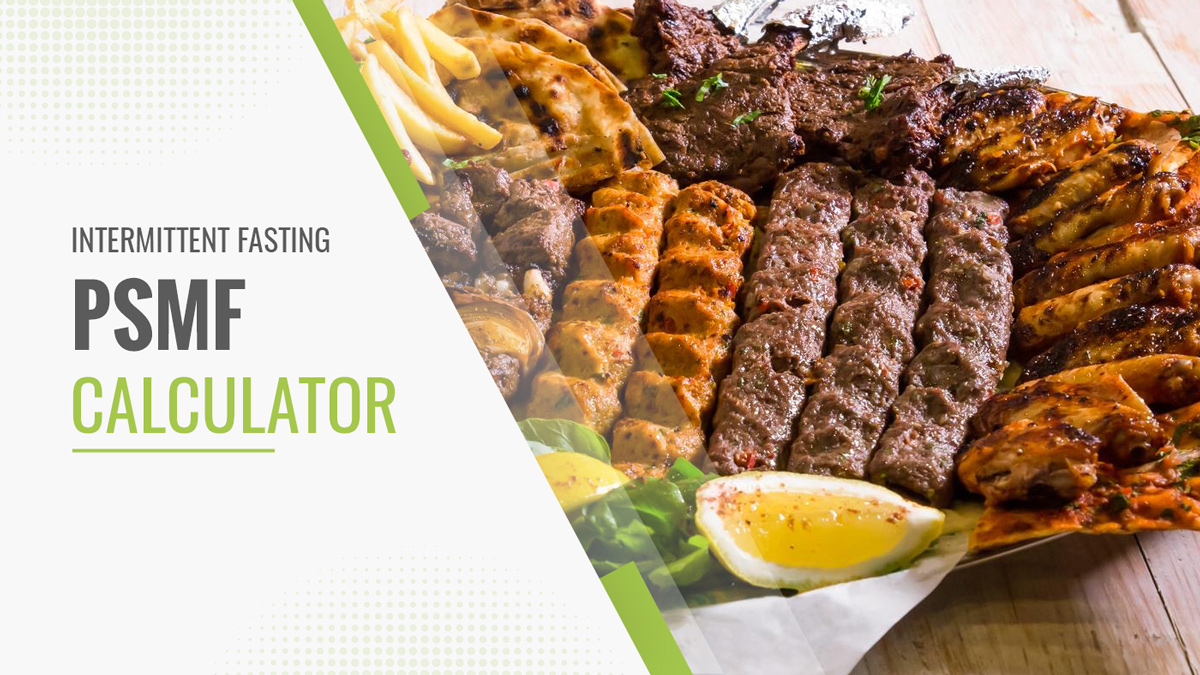With the year winding down, fat loss has become a priority for individuals, including Hypertrophy Coach Joe Bennett. In his latest endeavor, shared via YouTube on December 27, 2024, he laid out his five-step framework for losing body fat.
Boasting over 137,000 YouTube subscribers, Joe Bennett has become a trusted source of knowledge within the fitness and bodybuilding niche. In addition to working with influencers and celebrities, Bennett has helped shape top-tier IFBB Pros including reigning six-time Classic Physique Olympia Chris Bumstead and 2024 Olympia runner-up Mike Sommerfeld.
The holidays can make it challenging to adhere to a consistent diet, prompting Bennett to reveal his evidence-based approach to achieving a shredded physique. Below, he dives into five practical concepts that you can apply to lower your body fat percentage quickly.
Hypertrophy Coach Explains How to Get Shredded With 5 Easy Steps
- Establish maintenance (consistency over accuracy, ideally both)
- Decrease food
- OR increase expenditure (or both)
- Slow and steady, over fast
- Diet breaks/refeeds
Establishes maintenance (consistency over accuracy, ideally both)
First and foremost, he advocates for tracking macronutrients so there’s zero mystery around what you need to accomplish to lose body fat.
“Both would be tracking your macros,” he explains. “If you know exactly what your intake is of all those then there’s going to be zero mystery about how or what you need to do to lose weight obviously if the goal is to get shredded or on the other side of that, if you’re trying to put on weight, how to actually increase your body weight.”
He believes eating similar foods each day consistently will guide you toward a more favorable physique.
“The most important and what this really allows you to make sure you’re doing is you just need to do the exact same thing every single day.”
Decrease food
His second step is simple, albeit challenging to maintain consistently over time: adhering to a calorie deficit.
“All you have to do now is create a deficit. One we could do a decrease in food, so if your input is 3,000 and we take away 300 calories, however you want to take them away, most people will mess with carbs and fats before they mess with protein.”
OR increase expenditure (or both)
He believes individuals struggle to lose or gain weight because they are unsure of their caloric maintenance.
“Honestly, it is that simple, when someone says I can’t lose weight, basically all they are saying is I don’t really know what my maintenance is and I’m not doing anything to consistently adjust either my input or my output.”
Slow and steady, over fast
When it comes to a calorie deficit, Bennett believes slow and steady is best. If you venture on too high of a deficit, it’s more challenging to hold on to muscle.
“Slow and steady over fast for a couple of reasons,” he shares. “There’s going to be big differences between you doing 2 or 300 calorie deficit a day or a 1,000-1,500 or 2,000-calorie deficit a day, at some point in time on the scale as you get more drastic and create a larger deficit, you’re not going to hold as much muscle.
So smaller deficit, more moderate, you’ll hold more muscle, generally be able to train harder, and hormonally be more optimal.”
Diet breaks/refeeds
If you intend to diet for longer periods, diet breaks and refeeds could be beneficial.
“My recommendation is to go slow and steady unless you have a really good reason for an aggressive deficit. Track your progress, adjust as needed as that maintenance may change as you’re dieting longer and if you’re going more aggressive, diet breaks and refeeds might be needed.”
Above all else, he implores his audience not to overcomplicate fat loss. Most often, problems arise when individuals fail to accurately track their macros and diet.
“Aside from that, don’t overcomplicate it. It’s a relatively simple process. Just get in and do the work and nine times out of 10 if someone is having a hard time getting shredded, losing weight or losing body fat, or all the same rules that are true for putting on body weight, it generally just means you’re not tracking things accurately enough or consistently enough.”
Joe Bennett’s advice for fat loss and getting shredded is backed up by facts and experience, having guided several elite athletes at the highest level. Like nutritionist Stan Efferding, he believes it’s important not to overcomplicate the process.
Watch the full video from the Hypertrophy Coach YouTube channel below:
Tip: If you're signed in to Google, tap Follow.









